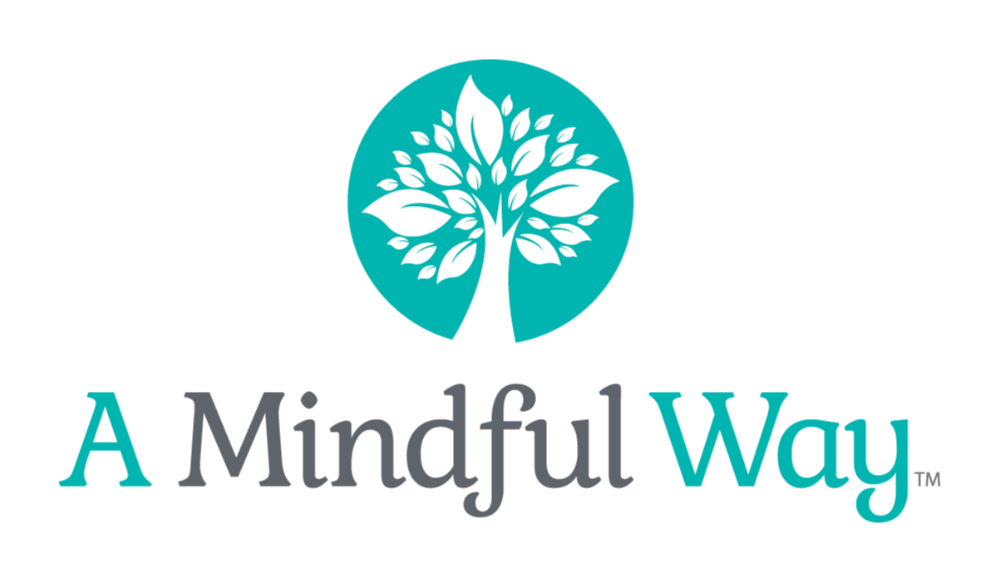The Midlife Reset: Rebuilding the Pillars of Health
Mar 24, 2025
Let’s be real—perimenopause and menopause can throw some serious curveballs. Between the hot flushes, mood swings, and sleepless nights, it’s easy to feel overwhelmed. Some days, it can seem like everything is shifting beneath your feet.
So, is there any upside to all this change? The truth is, everyone’s experience is different, and I’m not here to tell you to “just think positively” or “look on the bright side.” No one else can fully understand your personal journey or the challenges you’re facing. But from a psychologist’s perspective, this phase of life can also be seen as a midlife reset—a chance to rebuild the foundations of your health and wellbeing for a stronger future.
While menopause might feel like a loss of your old self, it can also be an opportunity to pause, reflect, and intentionally shape the next chapter of your life. By making small, conscious choices each day—how you eat, move, connect with others, and manage stress—you can lay the groundwork for a healthier, more balanced, and fulfilling life ahead.
The Pillars of Healthy Living Through Perimenopause and Menopause
1. Eating and Drinking Well
I've started with the toughest topic here! Of course, some of you might be thinking – "Hey, don't mess with my coffee, my chocolate treats, or my margaritas. They're getting me through right now!" I hear you, and I am not suggesting you can't enjoy these wonderful treats. Of course you can enjoy them, AND you can maintain great health if you enjoy them at times and in quantities that won't negatively impact you.
As you know, eating well can play a powerful role in stabilising mood, boosting energy, and supporting your body as it navigates hormonal changes. Mindful eating means being present with your food—enjoying each bite, recognising hunger and fullness cues, and choosing foods that nourish you. When you choose your treats, enjoy them slowly, savor the moment, and know when enough is enough.
So when it comes to food and drink, keep these three principles in mind:
- Be Present: Focus on your meal, savour the flavours, and turn off distractions like your phone or TV.
- Slow Down: Eating slowly helps you tune into your body and fully enjoy the experience.
- Listen to Your Body: Honour your hunger and fullness cues and notice how certain foods make you feel.
There is a Confucian teaching that instructs people to eat until they are 80 percent full. The Japanese phrase "Hara hachi bun me" (腹八分目) translates to "Eat until you are eight parts (out of ten) full," or "belly 80 percent full." A practical way to start implementing this is to put only 80% of your usual amount of food on your plate at each mealtime. After a month, notice how your sense of satiety has changed.
2. Movement and Exercise
Another challenging topic! Some people love exercising, many simply incorporate it into their weekly routine, and others absolutely dread it. I personally try to focus on finding activities that I enjoy rather than thinking "I have to exercise." There are plenty of sports and physical activities well-suited for aging bodies, such as walking, swimming, yoga, Pilates, gym classes, and the rapidly growing sport for all ages: pickleball!
Before starting any new activities, please seek medical advice about whether there are any exercises you should avoid due to injury or illness. Once you have the "all clear," one of the best activities for bone health at this stage of life is resistance training, which involves lifting weights, using a resistance band, or learning exercises that use your body weight for strength training. If you're unsure where to begin, I recommend joining a gym and asking for a qualified instructor with experience coaching people over 50 so you can learn proper techniques to prevent injury.
Here are some general tips for establishing good exercise habits:
- Create a Routine: Try setting aside just 10-15 minutes daily for movement. Alternate between cardio workouts (e.g., brisk walks or bike rides), stretching (e.g., yoga), and resistance training (e.g., using weights).
- Connect with Nature: Exercising outdoors adds the benefits of fresh air and sunshine, which can elevate your mood.
- Have Fun with It: Invite a friend or family member and make it a social event—it's easier to stay motivated and share a laugh along the way.
3. Audit Your Relationships
As we navigate major life changes, surrounding ourselves with people who lift us up becomes increasingly important. This life stage offers a chance to re-evaluate your relationships and release those that no longer serve you. Recognising which relationships support you and which drain you can be difficult, and exiting unhealthy relationships can be challenging. Don't hesitate to talk to someone you trust or seek professional help from a counsellor or psychologist to navigate these relationship transitions.
- Be Present with Others: Practice active listening when you're with friends or loved ones. Be fully engaged in conversations.
- Set Boundaries: It's perfectly acceptable to protect your energy and decline relationships that deplete you.
- Let Go of Toxicity: If a relationship brings more harm than good, consider distancing yourself or letting it go completely.
4. Healthy Technology Use
While technology can be an invaluable tool, excessive screen time can leave us mentally drained and depleted. Creating intentional habits around your phone, TV, and social media use can help manage the ever-present pull of digital devices.
- Set Time Limits: Reduce screen time by establishing daily limits or designated "screen-free" hours. Use built-in time limits on apps to help manage your usage.
- Take Breaks and "Screen Time Holidays": Give your mind regular daily breaks from technology, especially during meals and before bedtime. Occasionally take extended breaks from your phone, informing people you won't be checking it for a set period and designating someone who can relay urgent messages if necessary.
- Unplug Before Bed: The bright, stimulating light from devices, especially the blue light from screens, can disrupt your sleep patterns. Try to power down at least an hour before bedtime.
5. Prioritising Sleep
Let's not sugarcoat it—sleep during perimenopause and menopause can be challenging. Between night sweats and racing thoughts, getting restful sleep can feel impossible. I have several detailed articles on this topic, but here are some quick tips:
- Create a Calming Routine: Establish a simple, relaxing pre-sleep ritual—whether it's reading, taking a warm bath, or practicing mindfulness, stretching, or breathing exercises.
- Establish a Regular Sleep Schedule: Going to bed when sleepy (preferably around the same time each night) and waking up at the same time daily can strengthen your circadian rhythm, which further supports healthy sleep.
- Be Gentle with Yourself: If you're having trouble sleeping, avoid worrying or feeling anxious about it. Focus on relaxation and rest instead of forcing sleep to happen.
6. Live a Life Aligned with Your Values
Perimenopause is also a time to reflect on the broader context of your life. How can you make choices that not only support your wellbeing but also align with your core values? We all hold different priorities, and while we generally have freedom to make our own decisions about how to live, factors like convenience, time constraints, and perceived cultural norms can influence us until we find ourselves living a life misaligned with our core values. This transition period offers an opportunity to "course correct" and make more intentional choices that create harmony between your inner values and external behaviours.
For example, if you value environmental stewardship, you might adopt more conscious behaviours such as:
- Walk or Bike: Leave the car at home and get fresh air by walking or biking to nearby destinations.
- Use Reusables: Reduce waste by using reusable shopping bags, coffee cups, and water bottles.
- Recycle and Compost: Do your part to reduce your environmental footprint through proper waste management.
Have you always wanted to volunteer? Are you spending enough time with friends and family? Have you dreamed of traveling but never figured out how to make it work within your budget?
Take time to write down the top 10 things you value in life and consider how you can honor these values in your next chapter.
Living Your Best Life
I know this isn't groundbreaking information, and most of what I've shared is common knowledge, but we can all benefit from taking time to reflect on our lives and considering whether there are ways to navigate this journey more effectively.
It's also not about perfection. Life, especially during perimenopause and menopause, is messy, unpredictable, and sometimes downright exhausting—and that's okay. If we allow ourselves to occasionally laugh at the absurdity, find joy in small moments, and take things one step at a time, we can maintain perspective and remember that we're not alone in this experience.
Start small. Try a few minutes of meditation each day, go for a walk, or simply take a deep breath when things feel overwhelming. On the resources page of our website, you'll find a selection of guided meditations to help you begin a meditation practice.
Remember, the key is to make intentional choices and be kind to yourself when things don't go as planned. This stage of life offers a chance to reset, let go of what no longer serves you, and embrace new, nurturing ways of living.


